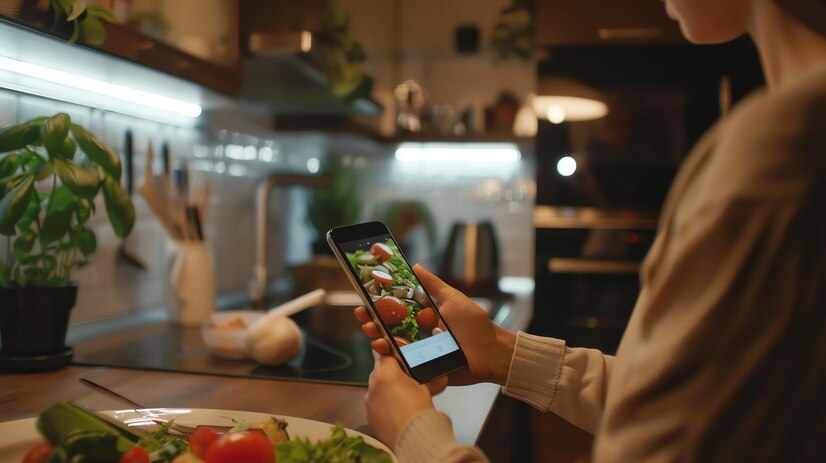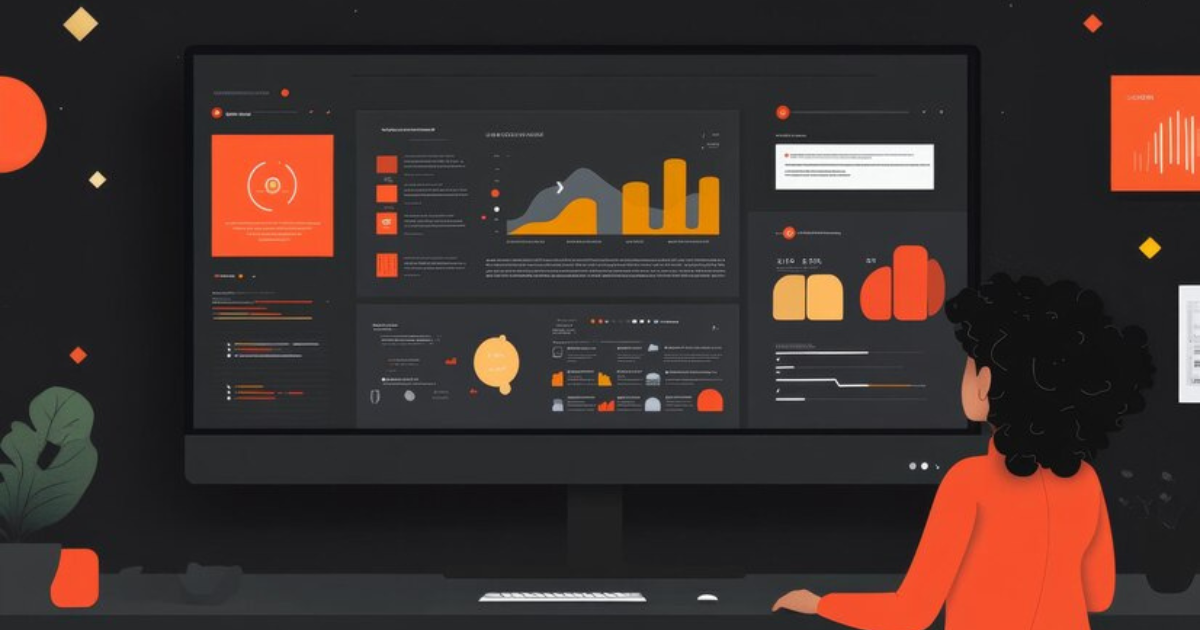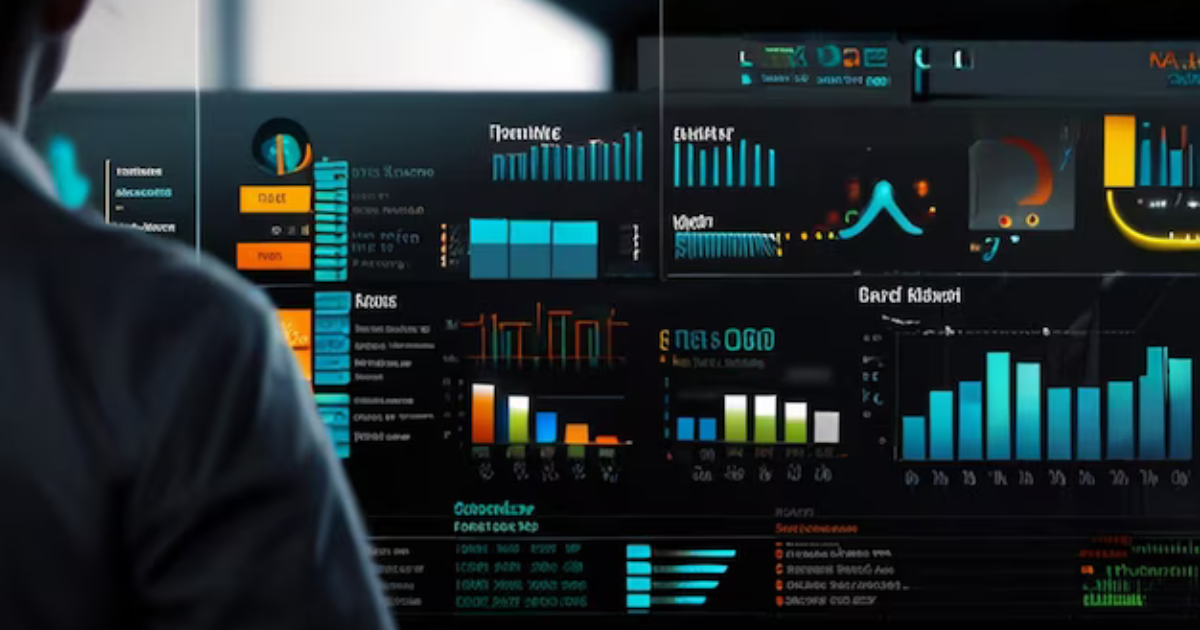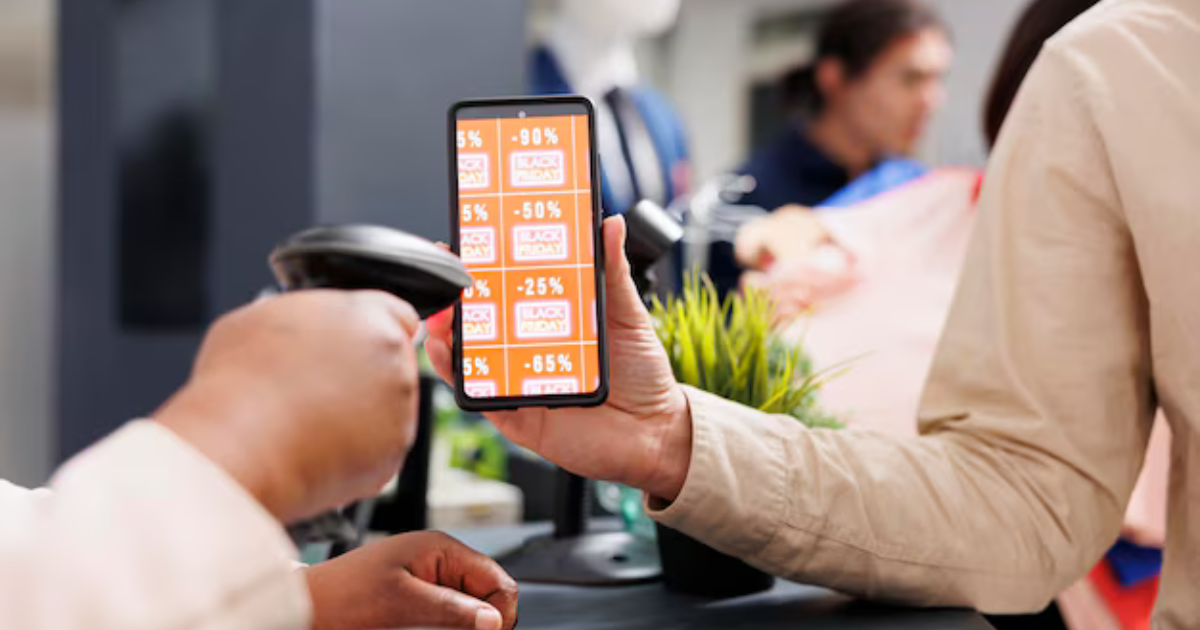
The food industry is in the midst of a significant transformation, driven by the rapid advancement of digital technology. Central to this revolution is the online food ordering system, a platform that has reshaped how people access and enjoy their meals. As we look to the future, it’s clear that online ordering systems will continue to evolve, offering even more convenience, personalization, and efficiency. This article explores the key trends and innovations that are set to shape the future of online food ordering, transforming dining experiences like never before.
1. The Evolution of Online Food Ordering Systems
It have come a long way since their inception. What began as a simple method for placing orders through a website has grown into a sophisticated ecosystem that integrates mobile apps, AI-powered chatbots, and real-time delivery tracking. The COVID-19 pandemic accelerated the adoption of these systems, as more consumers turned to digital platforms to order food safely from the comfort of their homes.
Today, online food ordering systems are more than just a convenience — they are a crucial component of the dining experience. They offer customers a seamless way to explore menus, customize their orders, and have meals delivered quickly. For restaurants, these systems provide valuable data on customer preferences, helping them refine their offerings and improve service quality.
2. Personalization: The Next Frontier
One of the most significant trends in the future of online food ordering systems is personalization. As consumers become more accustomed to tailored experiences in other areas of their lives, they expect the same level of customization when ordering food. The future of dining will be defined by highly personalized interactions that cater to individual tastes, dietary preferences, and even mood.
a) AI-Driven Recommendations
Artificial Intelligence (AI) will play a pivotal role in delivering personalized dining experiences. By analyzing a customer’s order history, browsing patterns, and even social media activity, AI can suggest dishes that align with their preferences. For example, if a user frequently orders vegan meals, the system can prioritize vegan options or suggest new dishes that match their taste.
AI-driven recommendations will also extend to dynamic menu adjustments. Based on factors like the time of day, weather, or even local events, it will be able to present the most relevant options to customers, making the decision-making process easier and more enjoyable.
b) Customizable Menus
In the future, online food ordering systems will offer even more flexibility in menu customization. Customers will be able to tailor their orders down to the smallest detail, from ingredient swaps to portion sizes. This level of customization will not only enhance the dining experience but also cater to a growing demand for healthier, more personalized meal options.
For instance, a customer with specific dietary restrictions will be able to filter menu items based on their needs, such as gluten-free, low-carb, or high-protein options. This level of personalization will make online ordering systems more inclusive and appealing to a broader audience.
3. Seamless Integration with Smart Technology
As smart technology becomes more integrated into everyday life, online food ordering systems will evolve to work seamlessly with these devices. The future of dining will be increasingly connected, with smart kitchens, voice assistants, and IoT (Internet of Things) devices playing a central role in how we order and enjoy food.
a) Voice-Activated Ordering
Voice-activated ordering is set to become a standard feature in online food ordering systems. With the proliferation of smart speakers and voice assistants like Amazon’s Alexa, Google Assistant, and Apple’s Siri, customers will be able to place orders simply by speaking. This technology will make the ordering process more intuitive and accessible, especially for those who prefer hands-free interactions.
Imagine being able to order your favorite meal while cooking, without having to stop and use your phone or computer. Voice-activated ordering will bring a new level of convenience to the dining experience, allowing customers to multitask effortlessly.
b) Smart Kitchen Integration
The future of online food ordering will also see greater integration with smart kitchen appliances. For example, smart refrigerators could automatically track inventory and suggest meal options based on the ingredients available, which could then be ordered directly from a connected food ordering system. This integration will streamline the entire meal planning and preparation process, making it more efficient and reducing food waste.
Moreover, smart kitchen devices could communicate with online food ordering systems to provide real-time updates on order preparation and delivery status. This will create a more transparent and engaging experience for customers, who can track their order from start to finish.
4. Sustainability and Ethical Dining
As awareness of environmental issues grows, consumers are increasingly seeking out sustainable and ethical dining options. The future of online food ordering systems will reflect this shift, offering more choices that align with these values. Sustainability will become a key differentiator in the competitive food delivery market.
a) Eco-Friendly Packaging and Delivery
One of the most pressing concerns in the food delivery industry is the environmental impact of packaging and transportation. Future online food ordering systems will prioritize eco-friendly packaging solutions, such as biodegradable or reusable containers. In addition, companies will explore more sustainable delivery methods, including electric vehicles, bike couriers, and even drones.
AI and machine learning will also be used to optimize delivery routes, reducing fuel consumption and minimizing the carbon footprint of each order. Customers will be able to choose environmentally friendly delivery options, making it easier for them to dine sustainably.
b) Ethical Sourcing and Transparency
Consumers are becoming more conscious of where their food comes from and how it is produced. In response, online food ordering systems will offer greater transparency around sourcing and production practices. Restaurants that prioritize ethical sourcing, such as using organic ingredients or supporting local farmers, will be highlighted on these platforms.
Customers will also have access to detailed information about the environmental and social impact of their orders. For example, they could see the carbon footprint of a meal or learn about the farm where the ingredients were sourced. This level of transparency will empower consumers to make more informed choices and support businesses that align with their values.
5. Enhanced Customer Experience
The future of online food ordering systems will be defined by an enhanced customer experience, driven by technology and innovation. From faster delivery times to improved order accuracy, every aspect of the dining experience will be optimized to meet the needs of today’s consumers.
a) Faster and More Reliable Deliveries
Delivery speed and reliability are critical factors in the success of food ordering systems. In the future, AI and automation will play a significant role in improving these aspects. AI-powered algorithms will optimize delivery routes in real time, ensuring that orders arrive faster and with fewer errors.
Moreover, the use of autonomous delivery vehicles, such as drones and robots, will become more common. These technologies will not only speed up delivery times but also reduce costs and increase efficiency, allowing food delivery services to handle more orders during peak times.
b) Advanced Order Customization and Tracking
Online food ordering systems will offer more advanced customization options, allowing customers to specify their preferences with greater precision. For example, they could choose the exact level of spiciness for a dish or request specific cooking methods. This level of detail will enhance the dining experience, ensuring that each order is prepared exactly to the customer’s liking.
In addition, real-time order tracking will become more sophisticated, providing customers with up-to-the-minute updates on their order status. This transparency will reduce anxiety around delivery times and improve overall satisfaction.
c) Loyalty Programs and Gamification
Loyalty programs will become more personalized and engaging, incorporating elements of gamification to encourage repeat business. For instance, customers could earn points for each order, which can be redeemed for discounts, free items, or exclusive rewards. AI will be used to tailor these programs to individual preferences, making them more relevant and appealing.
Gamification elements, such as challenges or leaderboards, will add an element of fun to the dining experience, encouraging customers to order more frequently and explore new menu items.
6. The Future of Dining: A Connected and Personalized Experience
As we look to the future, it’s clear that online food ordering systems will continue to evolve, offering more connected, personalized, and sustainable dining experiences. The integration of AI, smart technology, and ethical practices will transform how we order, prepare, and enjoy food, making dining more convenient, enjoyable, and aligned with our values.
For restaurants and food delivery services, embracing these innovations will be essential to staying competitive in a rapidly changing market. By prioritizing customer experience, sustainability, and technology, businesses can create a future where dining is not just about eating but about experiencing food in new and exciting ways.
Conclusion
As food ordering system continue to evolve, they are poised to transform the dining experience in profound ways. The integration of AI, smart technology, and sustainability practices will lead to more personalized, efficient, and ethical food delivery services. Customers can expect greater convenience, tailored recommendations, and a seamless connection between their devices and dining choices. For businesses, staying ahead of these trends will be crucial to meeting the demands of the modern consumer. The future of dining is not just about eating; it’s about creating a connected and personalized experience that aligns with the values and needs of a diverse and increasingly tech-savvy audience.
FAQ:
What is the future of online food ordering systems?
The future of online food ordering systems will be defined by personalization, smart technology integration, and sustainability. AI will drive more tailored experiences, while smart devices will make ordering more convenient and connected. Sustainability practices will also become more prominent, with eco-friendly packaging and ethical sourcing.
2. How will AI enhance online food ordering systems?
AI will enhance online food ordering systems by offering personalized recommendations based on customer preferences, order history, and real-time factors like weather. It will also optimize delivery routes, improve order accuracy, and enable advanced customization of menu items.
3. What role will smart technology play in the future of food ordering?
Smart technology, including voice-activated assistants and smart kitchen appliances, will make online food ordering more seamless and integrated. Customers will be able to place orders hands-free, receive meal suggestions based on available ingredients, and track their orders in real-time.
4. How will sustainability impact online food ordering systems?
Sustainability will play a crucial role in the future of online food ordering systems. Companies will prioritize eco-friendly packaging, explore sustainable delivery methods, and offer greater transparency around sourcing and production practices. This shift will cater to the growing demand for environmentally responsible dining options.
5. What are some challenges that online ordering systems may face in the future?
Challenges may include balancing automation with personalized customer service, ensuring data privacy and security, and managing the costs of implementing advanced AI and smart technologies. Additionally, maintaining sustainable practices while scaling operations could be difficult for some businesses.
Original Source Url : Transforming Dining Experiences: The Future of Online Food Ordering Systems








Write a comment ...